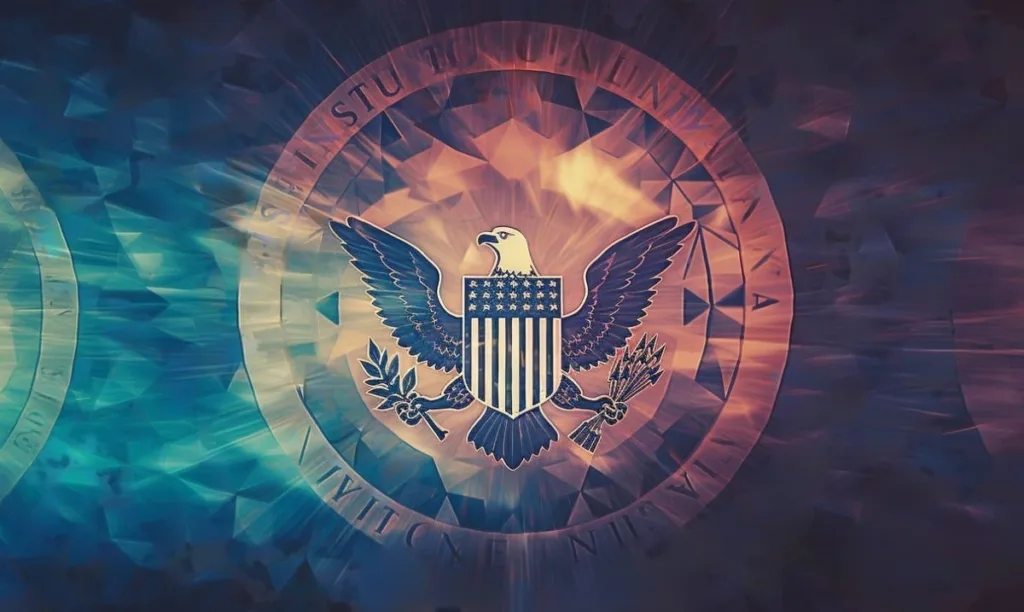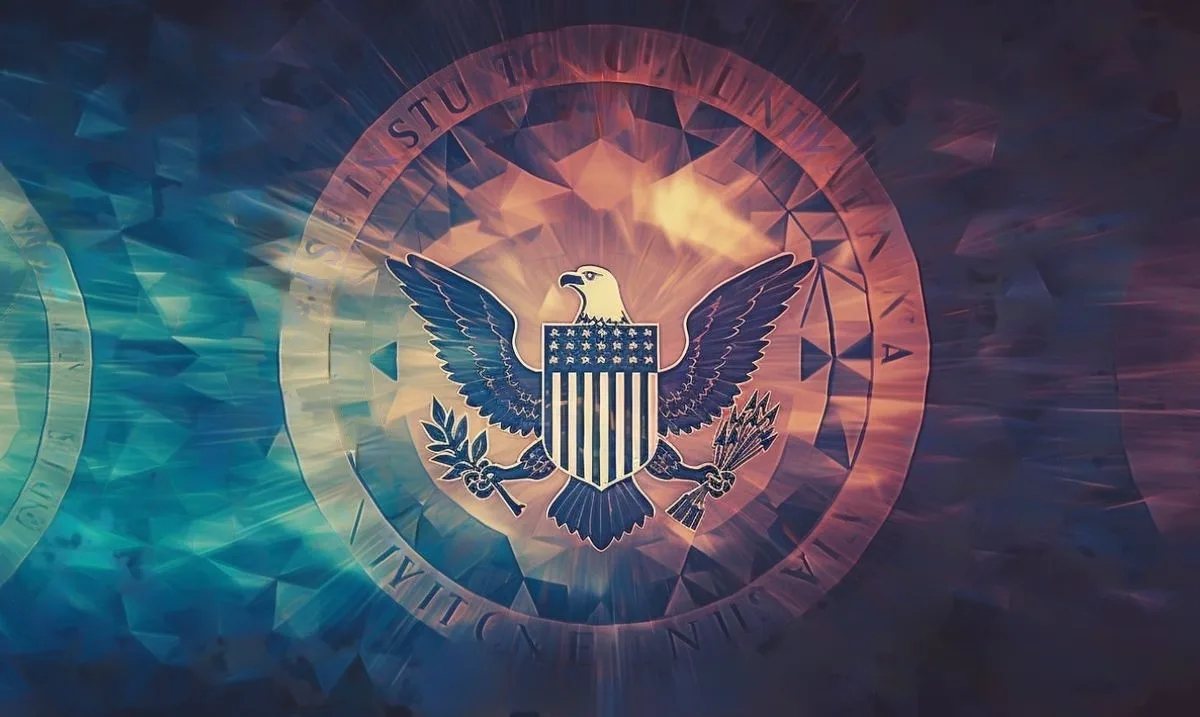
Gary Gensler and the U.S. SEC are not only pursuing legal action against companies like Coinbase and Ripple but have also issued Wells notices to Uniswap, ConsenSys, and Robinhood for alleged violations. The focus of potential lawsuits is on the broad range of cryptocurrency services these firms offer, with a particular emphasis on Ethereum (ETH), the second-largest blockchain asset.
“Given the regulator’s overall stance of viewing most cryptocurrencies as securities, platforms such as Uniswap, despite its decentralized nature, can be scrutinized for managing public trading activities. This, in turn, prompts the regulator to consider a case for registration and oversight to ensure compliance with securities regulations.”
Adam Berker, Mercuryo Senior Legal Counsel
There’s considerable ambiguity surrounding the SEC’s categorization of Ethereum and its underlying cryptocurrency, Ether. The SEC Chairman has consistently maintained that cryptocurrencies are subject to federal regulations, using the Howey Test as a reference point.
However, this stance faced challenges in court during the SEC’s prolonged legal dispute with Ripple over XRP. Furthermore, advancements in technology could undermine Ethereum’s status as a potential commodity.
“The SEC has already lost the credibility of the Howey Test during the Ripple lawsuit. By precedence, it could lose its attack against Uniswap and Ethereum. However, Ethereum switching from proof-of-work to proof-of-stake will likely be the biggest differentiating argument that the SEC could present since the Ripple lawsuit has established no precedence for it.”
Rudy De La Cruz, basedVC General and Strategic Partner
Hope for Cryptocurrency Against the SEC
Critics from the crypto community and industry insiders have long criticized Gensler and the SEC for their “regulation by enforcement” strategy when it comes to overseeing cryptocurrencies.
Major players like Coinbase have gone as far as suing the commission, filing rulemaking petitions in federal court. The lack of a clear U.S. digital asset framework has arguably enabled Gensler’s agency to pursue litigation extensively, but this dynamic could shift if Congress intervenes.
“The Security and Exchange Commission has the upper hand of being a regulatory authority, and further worsening the situation for the crypto market, is the lack of regulatory clarity in the United States. Nonetheless, multiple bills have been introduced to put an end to this issue.”
Rudy De La Cruz, basedVC General and Strategic Partner
In 2022, two bipartisan legislations were proposed that might transfer crypto oversight from Gensler’s commission. The Digital Commodities Consumer Protection Act (DCCPA) would shift regulatory authority over digital assets to the Commodity Futures Trading Commission (CFTC).
If enacted, the DCCPA could offer relief to Ethereum, particularly as CFTC Chairman Rostin Behnam has stated that both Bitcoin (BTC) and Ether are commodities.
“If and when these laws come into effect, the crypto market will have a fair chance to defend itself against the attacks of the SEC.”
Rudy De La Cruz, basedVC General and Strategic Partner
The Responsible Financial Innovation Act (RFIA) might also bring clarity to agencies supervising digital assets. Additionally, De La Cruz suggested that the Digital Trading Clarity Act and Financial Innovation and Technology for the 21st Century Act introduced in 2023 could help bridge regulatory gaps.




